Mentoring Overview
Jesus modeled leadership training with his disciples. Growing leaders need to learn ideas, hone skills, deepen relationships and gain familiarity with practices and rituals. While some of these things can be done privately, all gain richness through significant mentoring relationships.
The CLC mentoring process partners a less-experienced leader-in-training with a willing and seasoned leader who can call out the best in personal and leadership development. Good mentors do not seek to replicate themselves in the other person, nor stand over them as accusing judges when they make mistakes or miss opportunities. Instead, they care for mentoring partners and the ministry settings in which they work. They ask questions which lead to better self-understanding and insights. They tell stories about experiences of God’s grace and the movements of the Spirit in the church. They cast biblical visions of what Jesus hopes for among his people, and the purposes of the Creator in designing us as we are and calling us toward what we can be. They listen with empathy as joys and struggles and successes and failures pour out. They pray. They suggest options, without demanding adherence to a single process or outcome.
In short, good mentors pastor growing pastors. They help make theology come alive in practice. They represent and model Body Life. They provide context for ministry choices. They help assess outcomes of practices and behaviors. They offer wisdom in the gentleness of genuine care. And they have maturity of experience and personal character to maintain appropriate boundaries and lead from deep and complex understandings without giving in to simplistic formulations or trite goals.
The ideal mentoring relationship partners a seasoned leader with a growing leader for the course of their CLC learning experience. Mentors connect with their learning colleagues regularly, with in-person conversations preferred. Mentors ask guiding questions, offer appropriate insights when asked, suggest options to consider, pray with and for the other, and seek understanding about how the process of CLC coursework and the honing of skills is unfolding.
In other words, CLC mentors embody and continue to provide the human discipling that is vitally part of CLC training.
Competencies
Explore the competencies that the local church is looking to see emerge in a qualified ministry leader.The CLC experience
Discover the kind of experience you will have while being trained.Courses
Our courses focuse on the basics that are necessary for all who seek to lead God’s people, providing short but clear courses.Testimonials
What others have said about their CLC training experience.Why choose CLC
Our constant encouragement and slant, in our CLC training, is for people to catch the fire and passion of Jesus for the lost and the last and the least in our world.

